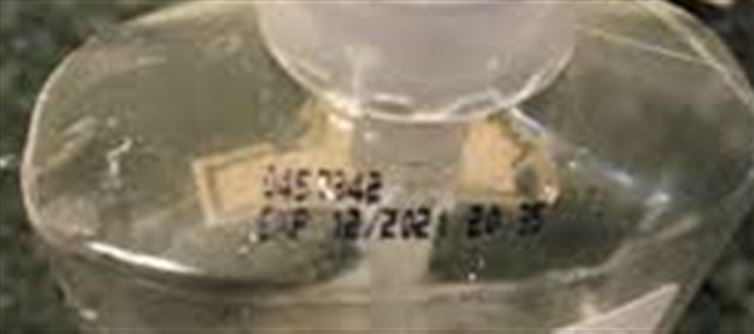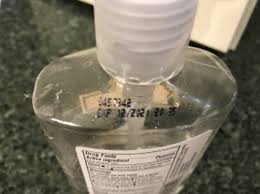
Yes, hand sanitizer does expire. Manufacturers typically set an expiration date of 2 to 3 years from the date of manufacture. This date indicates when the alcohol content—the active ingredient—may drop below 60%, reducing its effectiveness in killing germs. Most hand sanitizers have an expiration date printed on the bottle, typically about 2 to 3 years after manufacturing. This is mainly because the active ingredient — usually alcohol (like ethanol or isopropanol) — can evaporate over time, even if the bottle is sealed. As the alcohol concentration drops, the sanitizer becomes less effective at killing germs and viruses. Even if there's no printed expiration date, if your sanitizer smells weaker, looks watery, or feels different, it's a sign it might not work properly anymore.
Once expired, hand sanitizer may still be safe to use but less effective. If it retains a strong alcohol smell and evaporates quickly upon application, it might still offer some germ-killing action. However, it's advisable to replace expired sanitizer to ensure optimal protection .
Proper storage can extend a sanitizer's shelf life. Keep it in a cool, dry place, away from direct sunlight and heat sources. Avoid storing it in hot environments like cars, as heat accelerates alcohol evaporation, diminishing its effectiveness .
For reliable hand hygiene, especially when soap and water aren't available, use hand sanitizers with at least 60% alcohol content and within their expiration period. Regularly check expiration dates and replace expired products to maintain effective hand sanitization.





 click and follow Indiaherald WhatsApp channel
click and follow Indiaherald WhatsApp channel